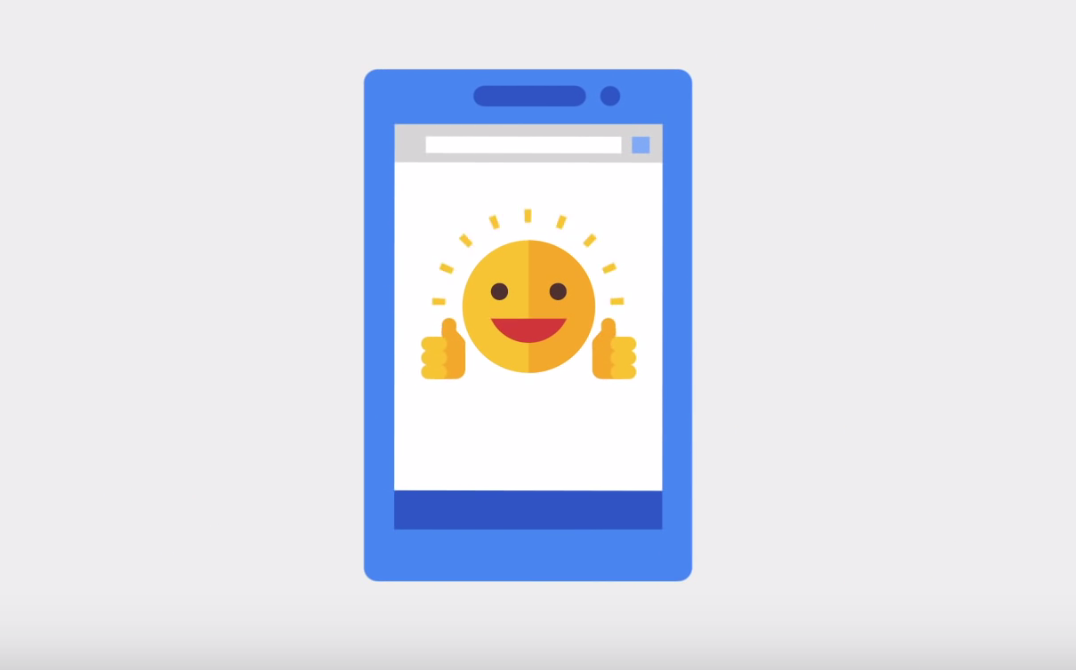Google's New reCAPTCHA Is Totally Invisible
It's never fun when sites make you prove that you're a human instead of a bot. Many used to make you type in specific characters, solve a simple math problem, or identify the numbers or letters shown in distorted images. Google's reCAPTCHA helped a bit by making you prove your humanity with a single click, but even that wasn't totally non-frustrating. So the company decided to improve reCAPTCHA by making it totally invisible.
Google announced the Invisible reCAPTCHA in 2016. Now it's made the tool available to website developers so they can stop forcing people to prove that they're, well, people. Suspicious users and bots will still have to deal with reCAPTCHA's various challenges, but everyone else will just be able to use their favorite sites. That should make signing up for newsletters, posting to message boards, and other simple online tasks even easier than before.
The company said in a promotional video that Invisible reCAPTCHA works thanks to a combination of machine learning--the industry's new favorite buzzword--and "advanced risk analysis that adapt to new and emerging threats." Similar ideas were behind "noCAPTCHA reCAPTCHA," the simple check boxes you've probably seen all over the web in the last few years, that preceded the invisible variant developers got their hands on earlier this month.
Google didn't offer more information about how Invisible reCAPTCHA works. But the system probably analyzes things like typing speed, cursor movements, and rate of scrolling to determine whether a visitor is a human or a bot. People type relatively slowly, rarely move their cursors in straight lines, and usually take their time scrolling through a website. Bots often do the opposite--they look for certain elements and work as quickly as possible.
Determining what type of CAPTCHA is shown relies on the advanced risk analysis back-end mentioned above. Google has worked on that back-end for years: it used it on Valentine's Day 2014 to show easy-to-solve CAPTCHAs to humans, relied on the back-end to determine if noCAPTCHA reCAPTCHA would subject visitors to more traditional challenges, and now uses the same back-end to figure out if someone needs to verify their humanity at all.
The result should be a more convenient and hassle-free web. That's good news for you, because it means fewer challenges to your identity. It's good news for developers because it means fewer users will be annoyed by CAPTCHAs, and it's good for Google because it makes yet another one of its tools vital to delivering a decent online experience. So long as the system works as advertised, Invisible reCAPTCHA ought to be a welcome addition to the web.
Invisible reCAPTCHA works on both desktop browsers and the mobile web. You can learn more about how to implement it on your websites from Google's developer resources.
Get Tom's Hardware's best news and in-depth reviews, straight to your inbox.

Nathaniel Mott is a freelance news and features writer for Tom's Hardware US, covering breaking news, security, and the silliest aspects of the tech industry.
-
jonathan1683 You can pay 50 cents per 1000 captchas solved by humans instead of bots. Hackers gonna find a way around it easily.Reply -
JonDol Looks like it will collect even more data on us in order to distinguish between humans and robots...Reply -
Niva If you're concerned about someone collecting data from you get off the internet, go live in a cave in the mountains, and make sure you have your tin-foil umbrella when you come out so that you can avoid complete satellite surveillance. Even then, Google will know you came out of the cave, it just won't be able to tell exactly what you did.Reply -
mavikt I've never had a problem with CAPTCHAs; perhaps if you suffer from dyscalculia.Reply
@Niva; by your own token; if privacy isn't a concern, go live in a glass cube in the main square. Oh wait, some people do that, I've seen it on TV, Big Brother. I hope the future doesn't rest in their hands.

